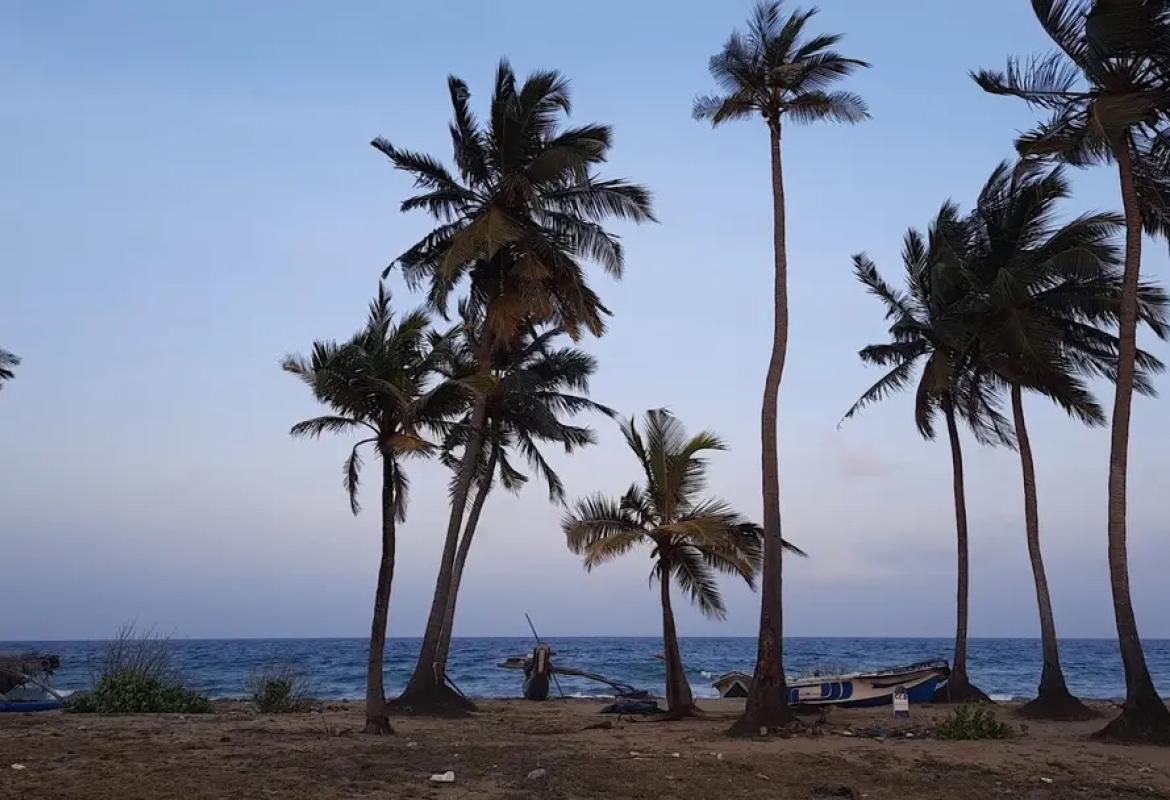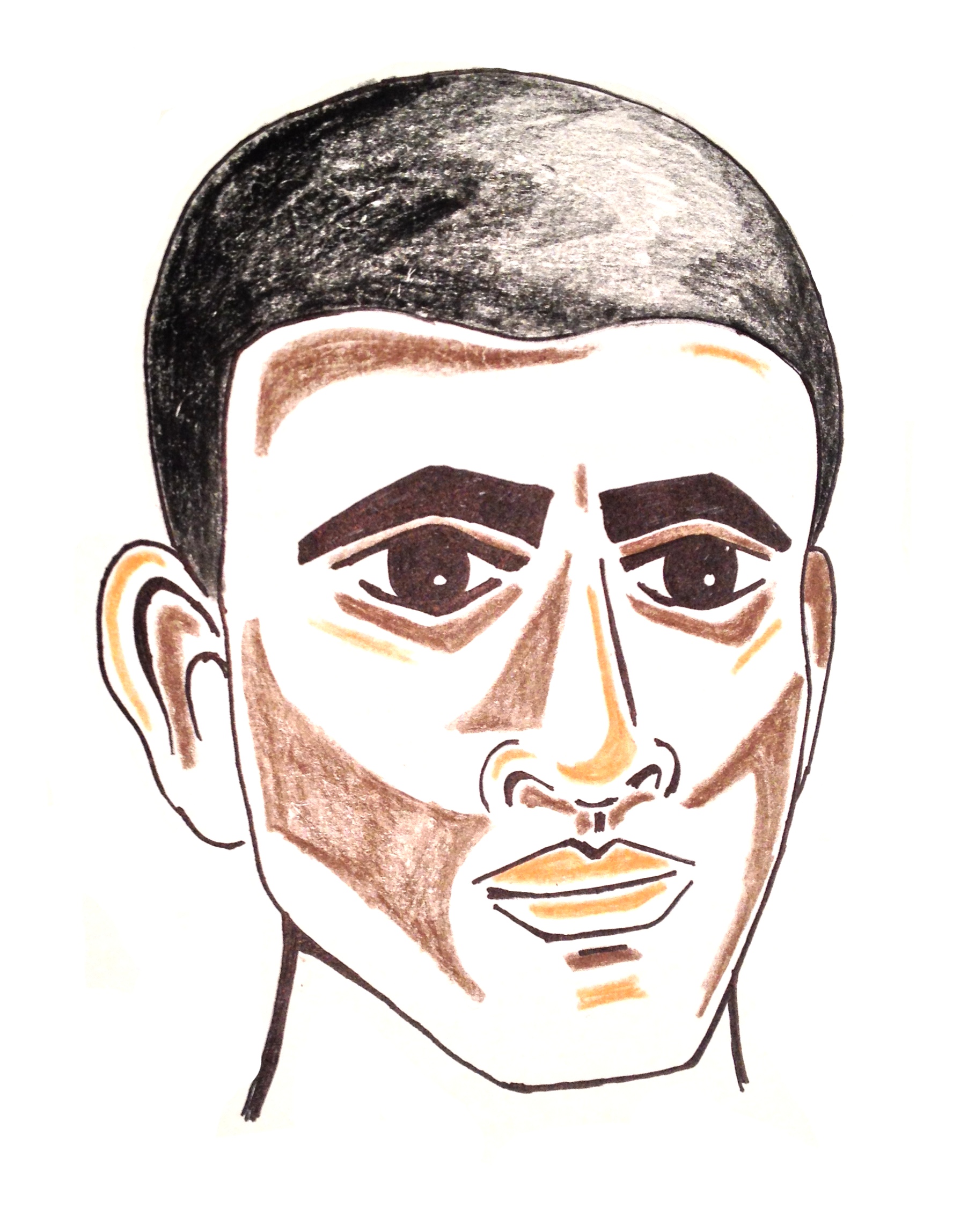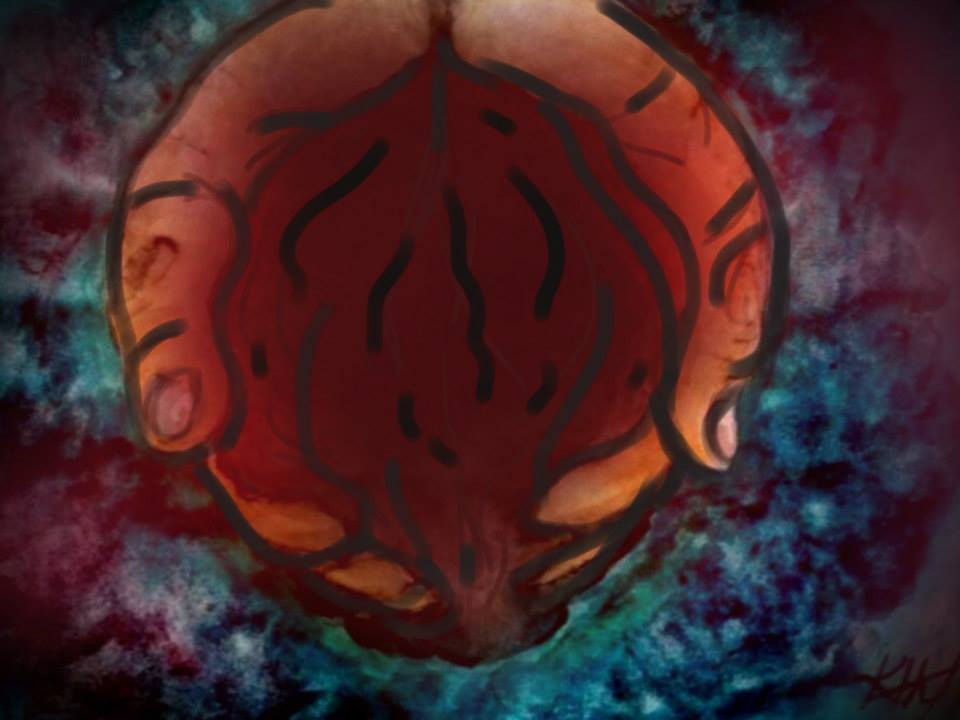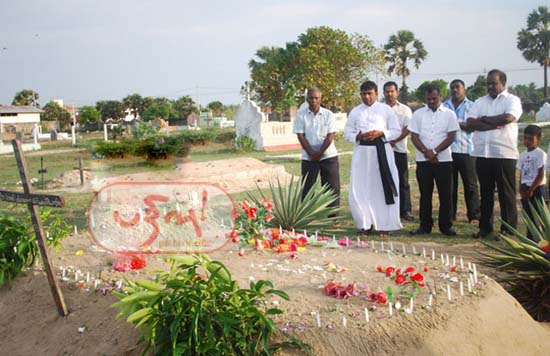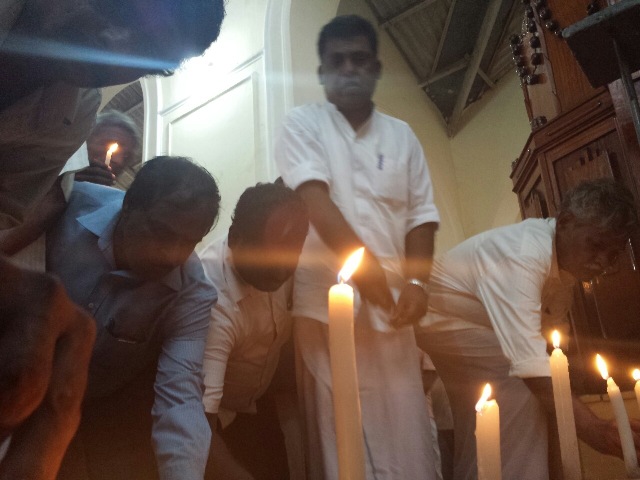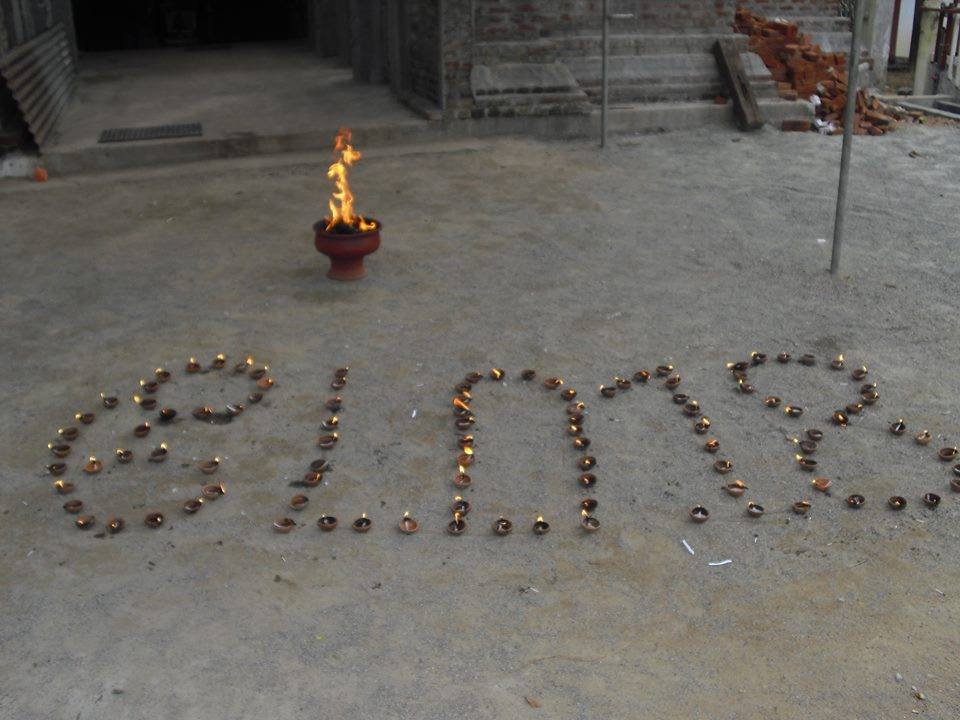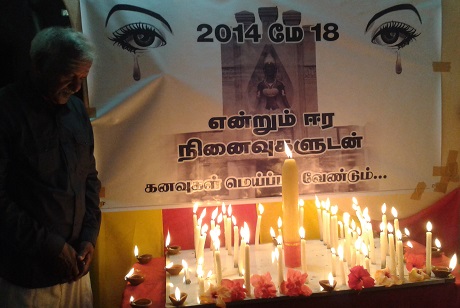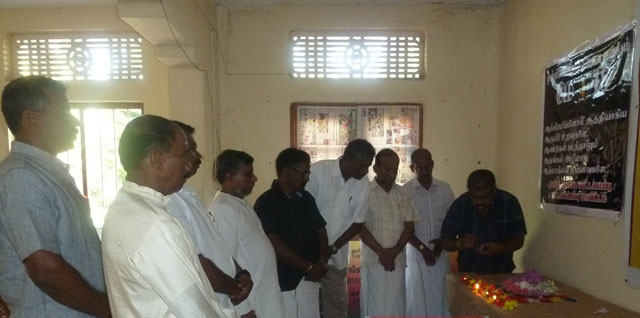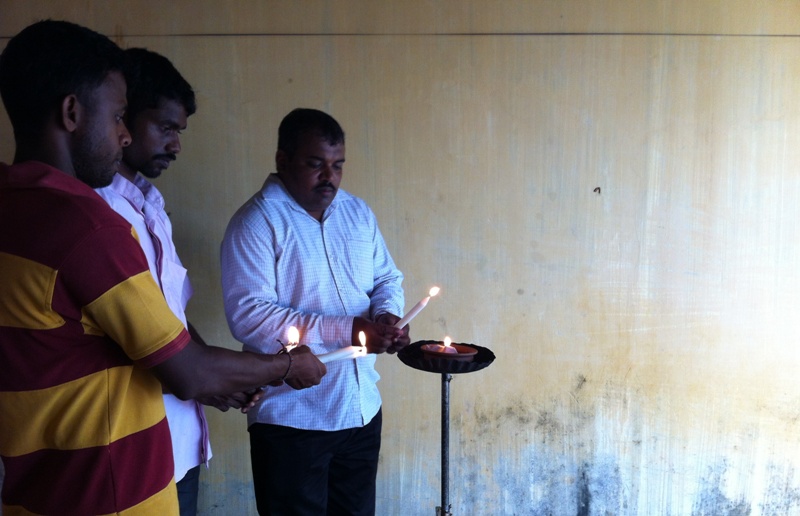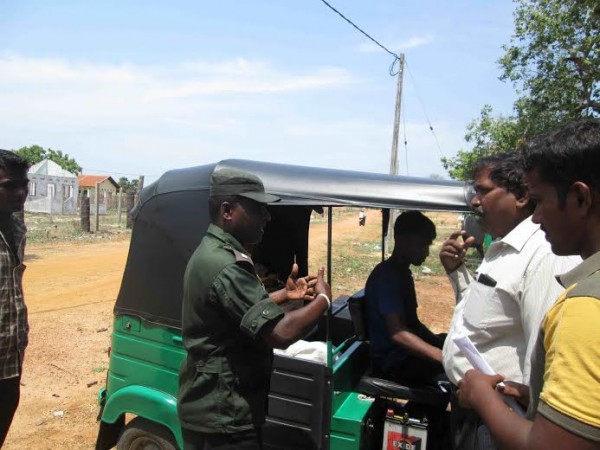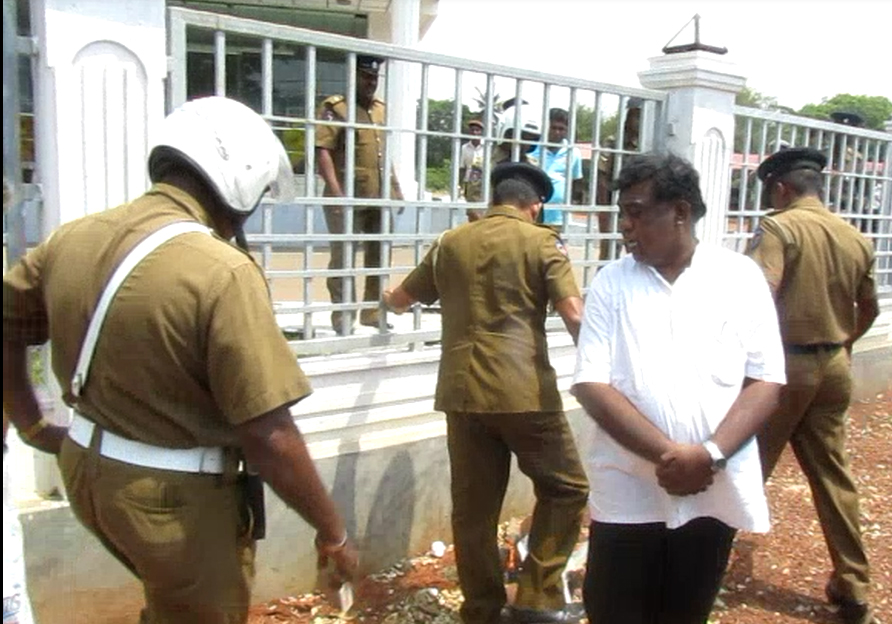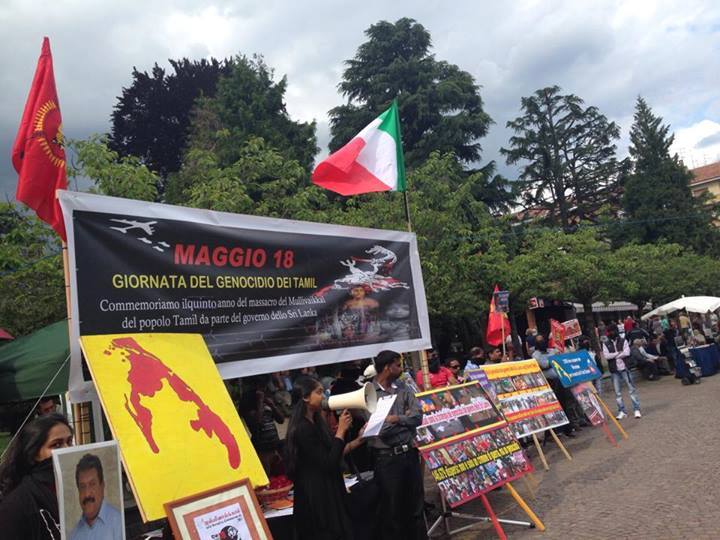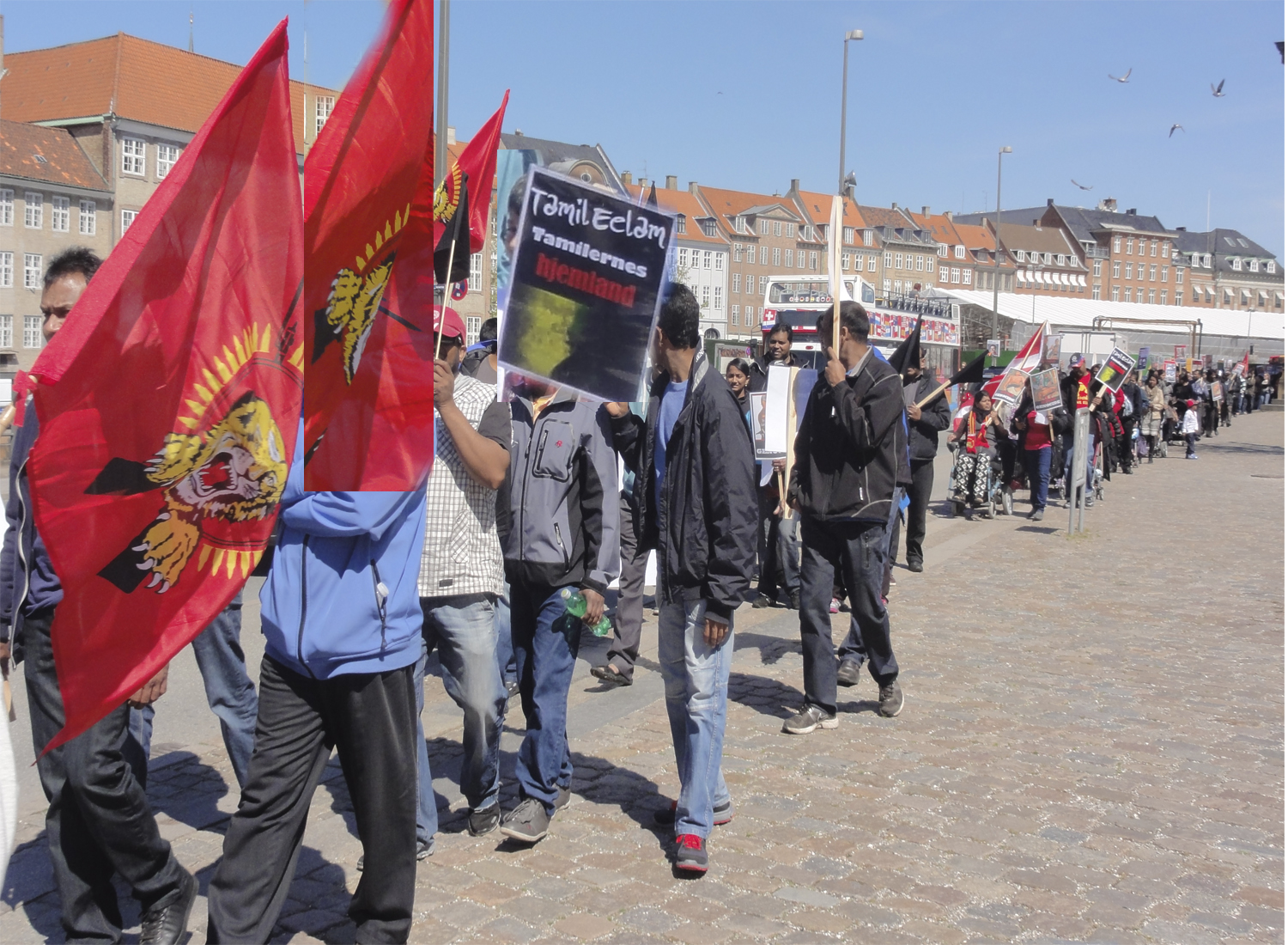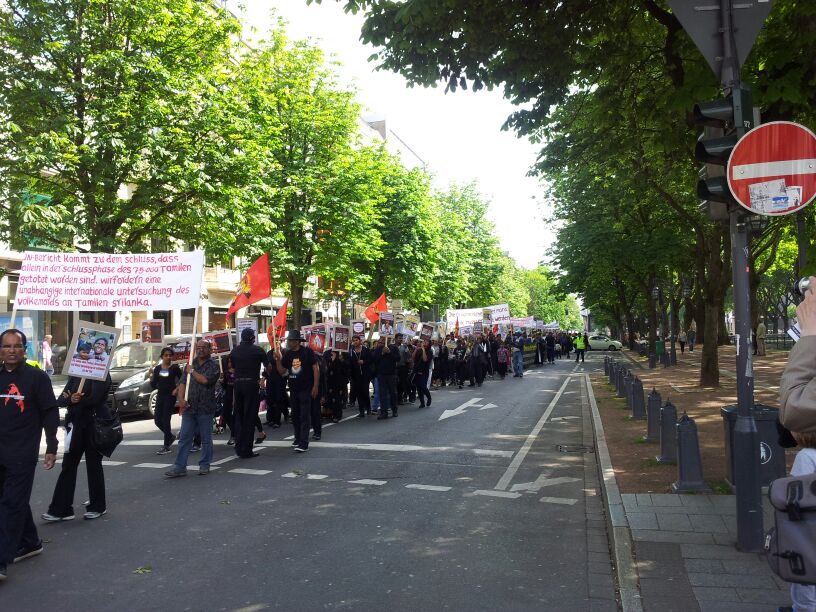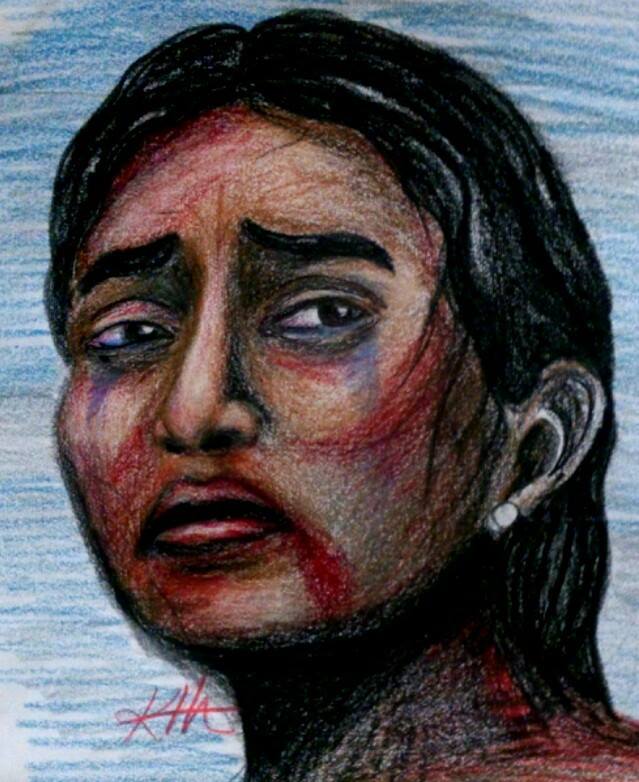Global Summit to End Sexual Violence in Conflict concludes with declaration
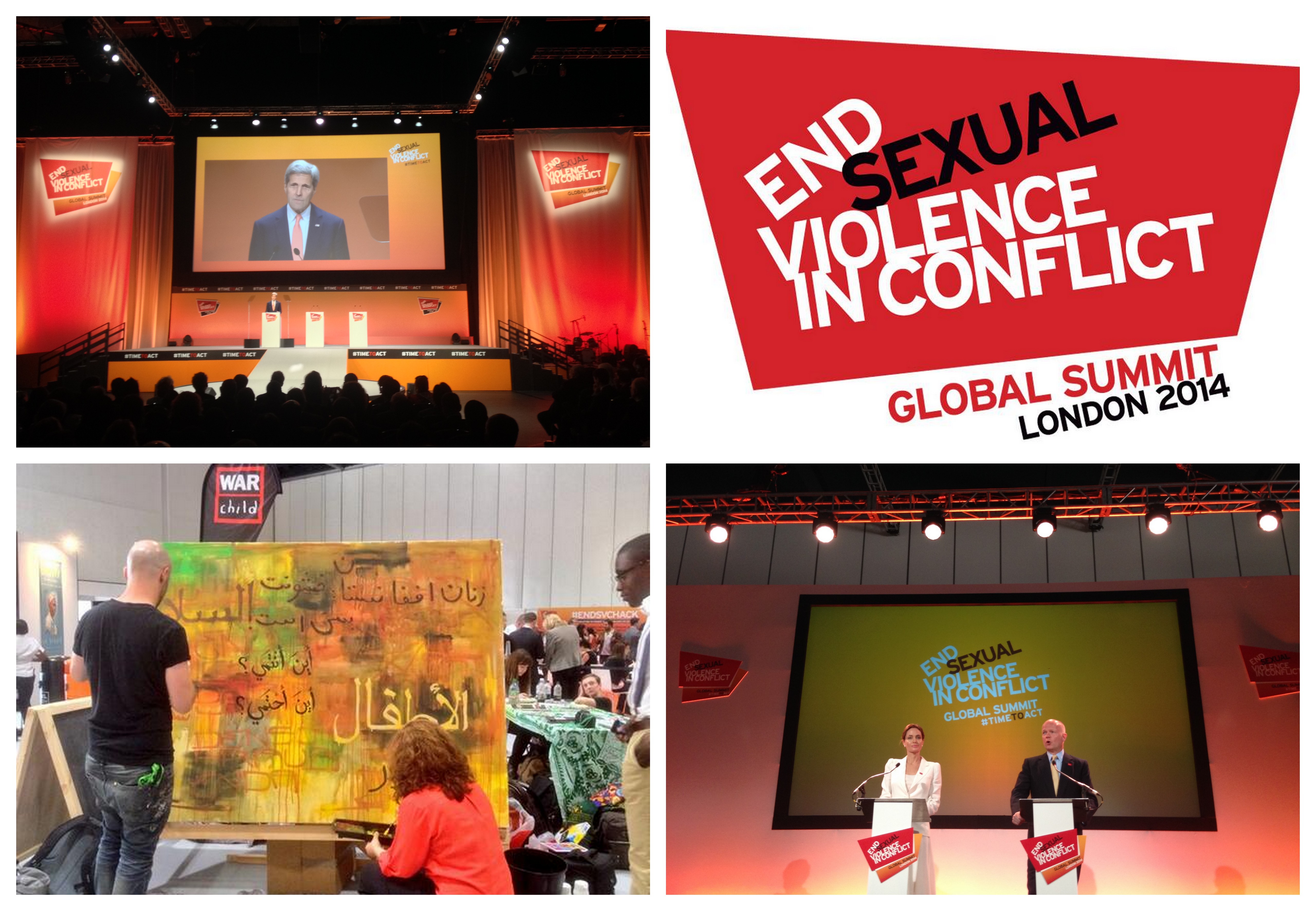 |
The Global Summit to End Sexual Violence in Conflict concluded in London last week, with 155 states endorsing a joint declaration pledging to work to prevent and punish sexual violence.
The four-day summit saw countries from across the globe pledge to improve the response and support to victims of sexual violence and their access to justice, as well as exclude such crimes from amnesty provisions.
See the full declaration here.
As public exhibitions, theatre productions and discussions took place, ministers from around the world gathered to discuss the issue of sexual violence in conflict and measures that could to taken to prevent rape, protect the victims and punish the perpetrators. The key initiative launched by the British government was the 'International Protocol on the Documentation and Investigation of Sexual Violence in Conflict’.

